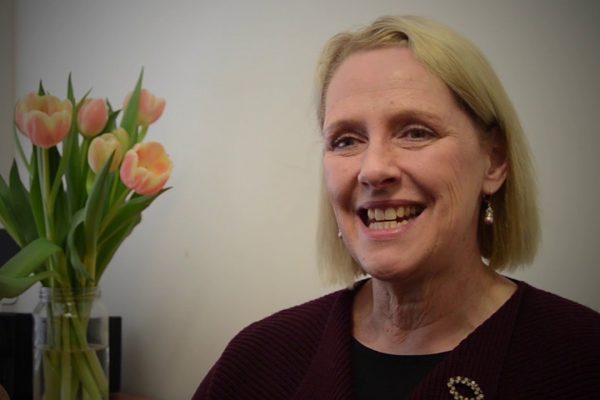Homily for the 29th Sunday in Ordinary Time A
There are many appeals to our allegiances as we go about our daily lives. Some are legislated – you must pay tax to the Government; you must not hold dual citizenship when holding a democratically elected role as member of parliament. Our sedition laws have been overhauled and reworked over the last ten years or so to ensure penalties for those who would overthrow or seriously undermine the constitution or the institutions of government. In recent months we have had to negotiate our allegiance to a State that has declared a state of emergency and a state of disaster. For many this has pushed their allegiance to the brink. Most of us have complied.
There are also emotional allegiances we have in our lives. Generally to our family and friends. These allegiances go deeply into our very identities; they mingle with our memories and with laughter and tears. We defend them – ‘blood is thicker than water’. We uphold them – she is my friend, I will not have a word said against her. We gather these people around us, we invite them deeply into our worlds. These allegiances have been stretched to the limit of these last months too. For some they have been strengthened. Absence makes the heart grow fonder. For all of us they have been highlighted in importance. Who is there for me? And for who I have I been available?
And then there are more subtle forms of appeal to allegiance. With which smart device are you aligned? The market place is full of sophisticated techniques which are richly research-informed and then cleverly targeted through advertising to ensure that we give our allegiance to a select product. Sometime we can be aware of it and complicit in it. Other times we are blindly manipulated into allegiances about which we know very little. Where did this product come from? Who made it? What did they get paid? What processes, natural and human, occurred along the chain of production before this item, this food arrived on my table?
Our allegiances can be black and white (pay your taxes or receive a fine, follow the rules or suffer the consequences), they can be emotionally and culturally embedded (country and kin) and they can be subtlety (or even crassly) dangled before us through the global market place.
Today’s gospel raises the questions as to how we view the claim of God on and in our lives and to discern what that claim means in relation to our other competing allegiances. Pay to Caesar what is due to Caesar and to God what is due to God. What is that claim? To what do we give allegiance as Christians. Our baptism promises give us some clues about that. When parents present their children for baptism they are asked: You have asked to have your child baptised. In doing so you are accepting the responsibility of training him (her) in the practice of the faith. It will be your duty to bring him (her) up to keep God’s commandments as Christ taught us, by loving God and our neighbour. Do you clearly understand what you are undertaking?
At baptism, and at each Easter renewal of baptism, (Catholic) Christians are asked:
Do you believe in God, the Father almighty, creator of heaven and earth?
Do you believe in Jesus Christ, his only Son, our Lord, who was born of the Virgin Mary, was crucified, died, and was buried, rose from the dead, and is now seated at the right hand of the Father?
Do you believe in the Holy Spirit, the holy Catholic Church, the communion of saints, the forgiveness of sins, the resurrection of the body, and life everlasting?
I wonder how these allegiances weigh up against the claims these questions ask of us and the promises that we continue to make. What would happen if we looked at all our allegiances in light of our baptismal promises? Could I give allegiance to that which offends the God of creation? Destroys the created earth and tears down human beings made in the image and likeness of God. Could I give allegiance to that which detracts from life rather than builds up life? Policies that embed inequality, disadvantage and despair. Could I give allegiance to a world that is unforgiving and condemning or of actions and words that hold back forgiveness, new starts, and second chances.
Jesus doesn’t want to play the political game over temporal power. He wants to invite all will hear to consider what it might mean to give allegiance to the God of creation, life and forgiveness who made each of is in his own image.
Fr Brendan




Comments
Add Comment